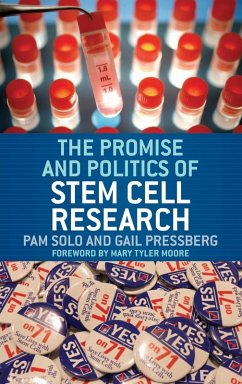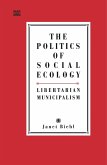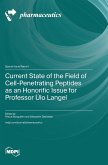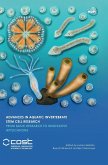Ever since President George W. Bush limited federal funding for stem cell research, the topic has been top of mind for many, including the organized patient population representing every major disease now afflicting approximately 100 million Americans. In May 2005, the president vowed to veto a compromise that 50 Republicans and 188 Democrats in the House of Representatives supported. The compromise, if matched by a Senate measure, would have repealed the 2001 limits on funding. Action at the federal level remains stalled, but states have stepped into the void to do what they can to support stem cell research. Only six states have reinforced the federal ban, and 60 percent of Democrats, 60 percent of independents, and 36 percent of Republicans support lessening or eliminating the federal restrictions on funding. As long as such restrictions remain in place, the issue promises to be one of the most divisive in any campaign season. How did scientific and medical research on something smaller than a period at the end of a sentence come to such prominence in American political life? Embryonic stem cells are a cluster of about 150 cells that form after the joining of an egg and a sperm. The stem cells at the center of the cluster have the potential to become specialized cells that could one day benefit millions of Americans. Few areas of public policy have such far-reaching implications. This fact alone accounts for the remarkable level of information and sophistication by the broad general public. Confounding the traditional polarized politics of the country previously dominated by anti-abortion and pro-choice politics, the politics of stem cell research may be redrawing the contours of public life. New political partnerships have been formed across party and ideological lines. Unusual and remarkable collaborations between scientists and patients have created a deeply informed constituency as advocates for the research. Rarely has a so-called cultural or value issue broken through the reflexive ideologies of left and right, conservative and liberal, as has the politics of stem cell research.
Hinweis: Dieser Artikel kann nur an eine deutsche Lieferadresse ausgeliefert werden.
Hinweis: Dieser Artikel kann nur an eine deutsche Lieferadresse ausgeliefert werden.








